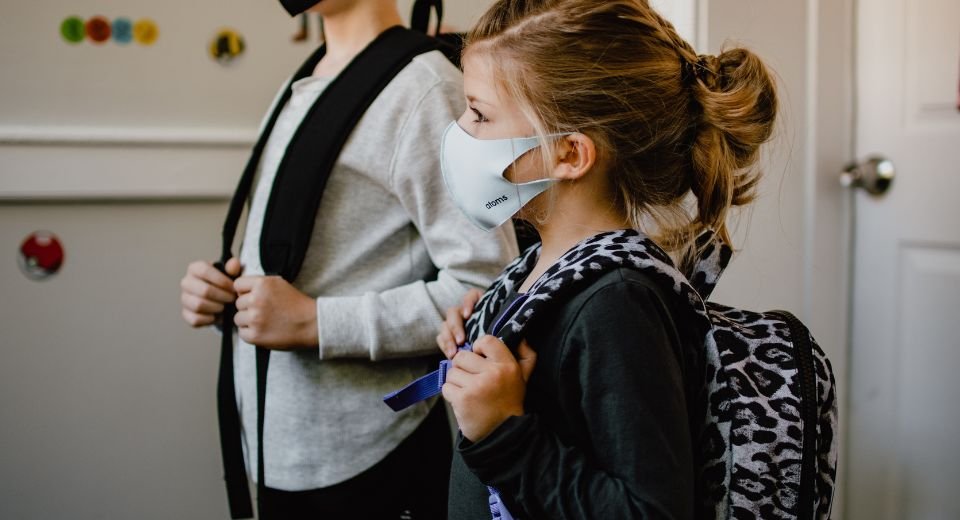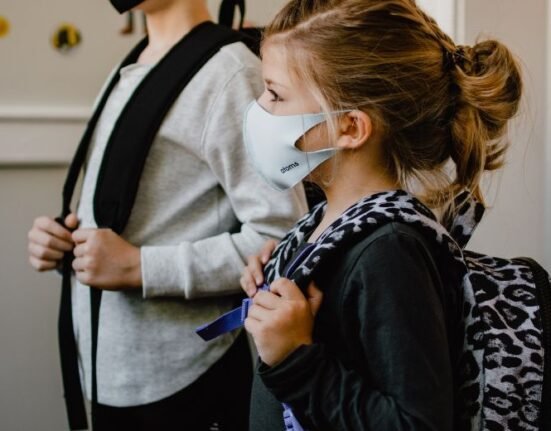HQ Team
January 8, 2023: The prevalence of JN.1, a Covid-19 sub-variant, has risen to 62% in the US on Jan. 5 compared to two weeks prior, according to the National Public Health Agency.
The Centers for Disease Control and Prevention stated that JN.1 was the most widely circulating variant of SARS-CoV-2 in the US “and globally.”
The variant, a sub-lineage of BA.2.86, has “no evidence” that it causes more severe disease, according to a CDC statement.
“The CDC is also observing an increase in the prevalence of JN.1 in international travellers and wastewater viral levels, as well as in most regions around the globe.”
Wastewater viral activity levels, an important tool used to detect increases in COVID-19 transmission in the community, “are currently high and increasing in all regions.”
Wastewater samples
As of December 25, 2023, 66% of wastewater samples had JN.1 as the dominant variant, up from 58% the previous week. It is the dominant variant in Europe and is rising sharply in Asia.
Covid-19 disease has claimed the lives of seven million people globally as of December 17, 2023, according to the World Health Organization.
The number of new global cases increased by 52% during the 28 days of 20 November to 17 December 2023 as compared to the same period previously. More than 850,000 new cases have been reported.
The number of new deaths decreased by 8% as compared to the previous 28-day period, with over 3,000 new fatalities. As of 17 December 2023, over 772 million confirmed cases have been reported.
High activity
According to the CDC, a US federal agency under the Department of Health and Human Services, “Covid-19 infections, hospitalizations, and deaths have increased in recent weeks. JN.1 may be intensifying the spread of Covid-19 this winter.”
“Covid-19 activity is currently high.” Measures of Covid-19-related illness requiring medical attention, such as emergency department visit rates, have also increased, but to a lesser extent and remain 21% lower than at the same time a year ago.
The CDC warned that the longer-term effects of Covid-19, such as Long Covid, remain important public health threats, especially for people who are at higher risk of severe illness.
As of December 30, 2023, only 8% of children and 19% of adults were reported to have received the updated COVID-19 vaccine.
Only 38% of adults aged 65 years and older reported to have received this vaccine, “which is concerning” given that they are at higher risk of hospitalisation from Covid-19.








